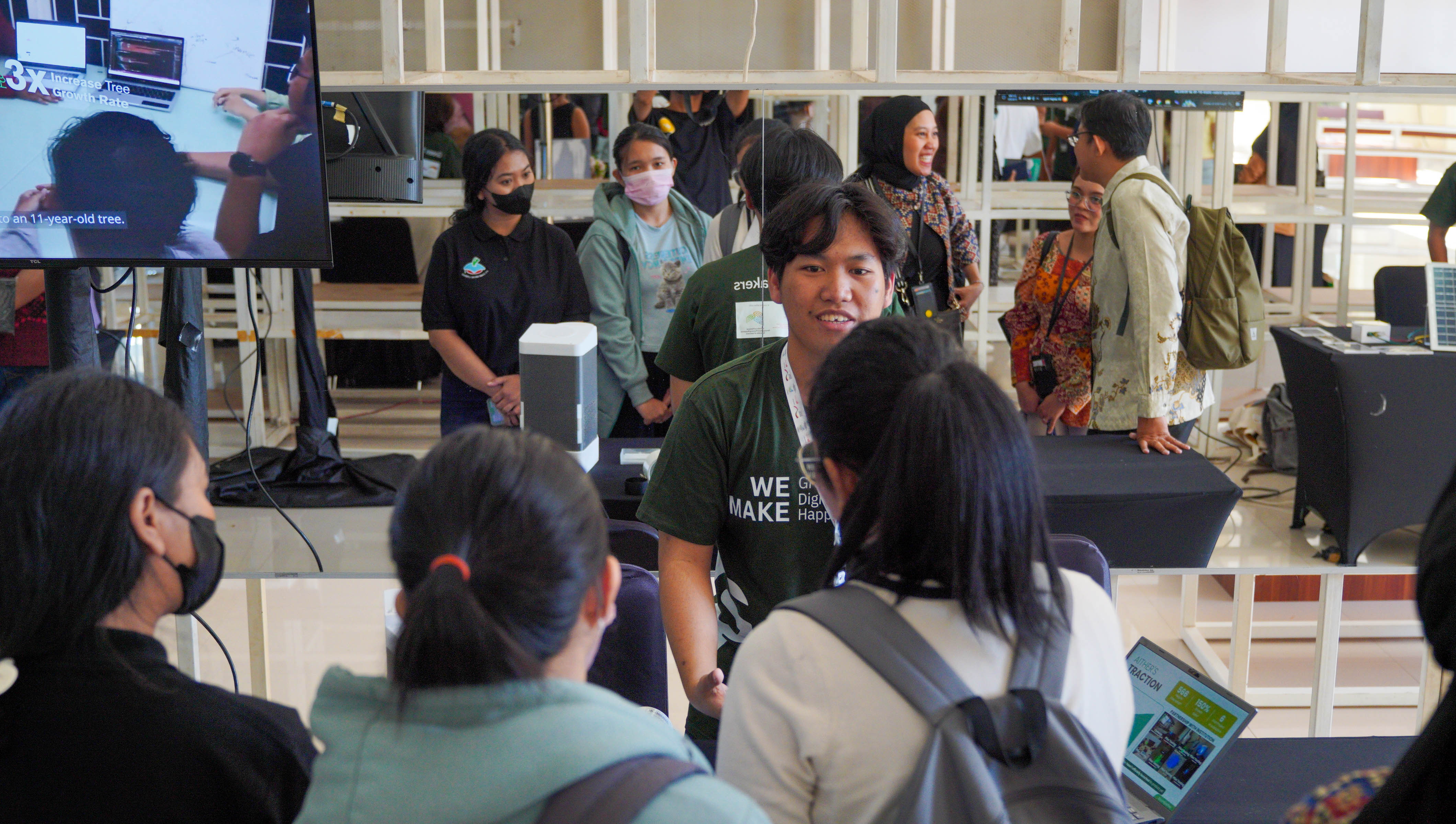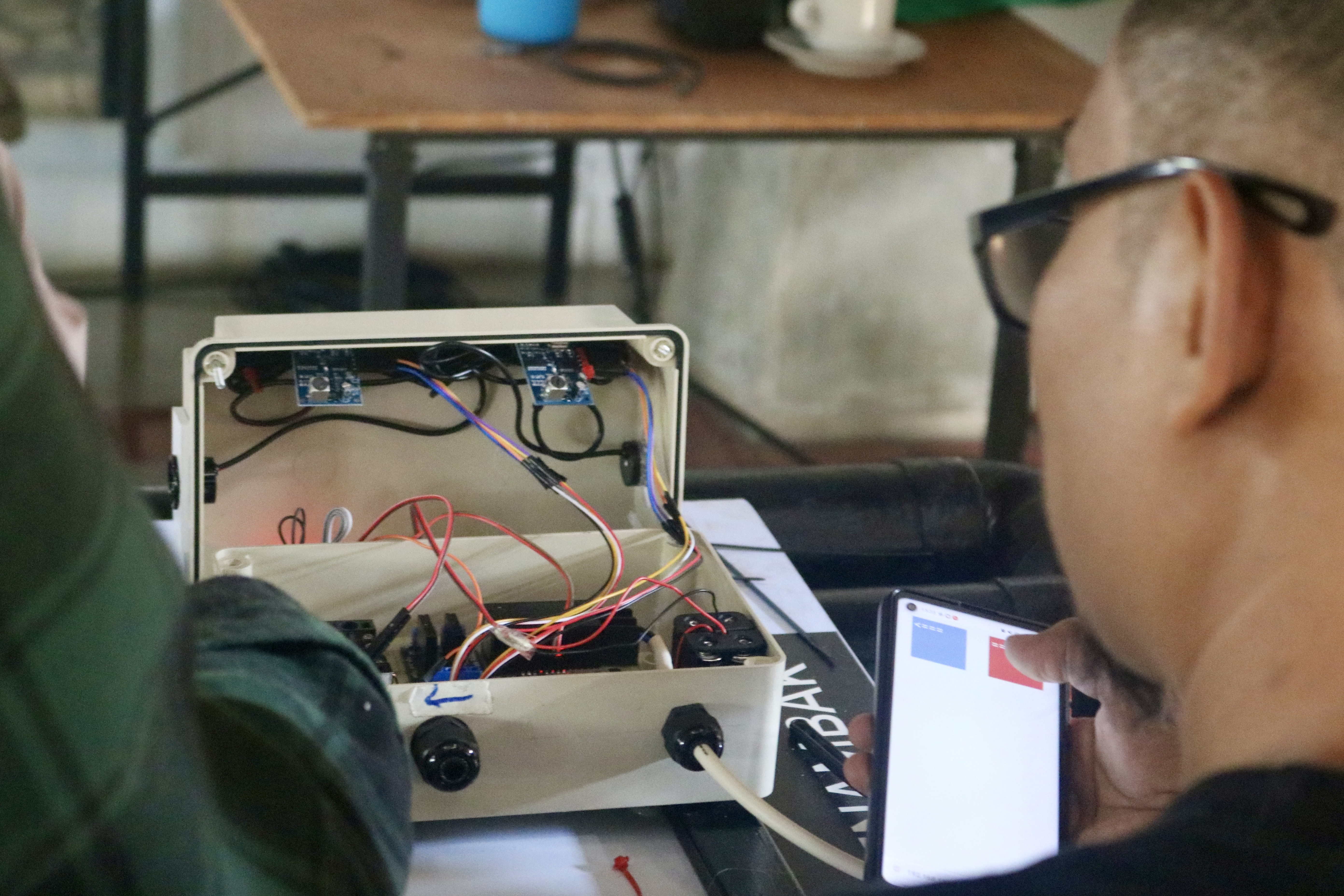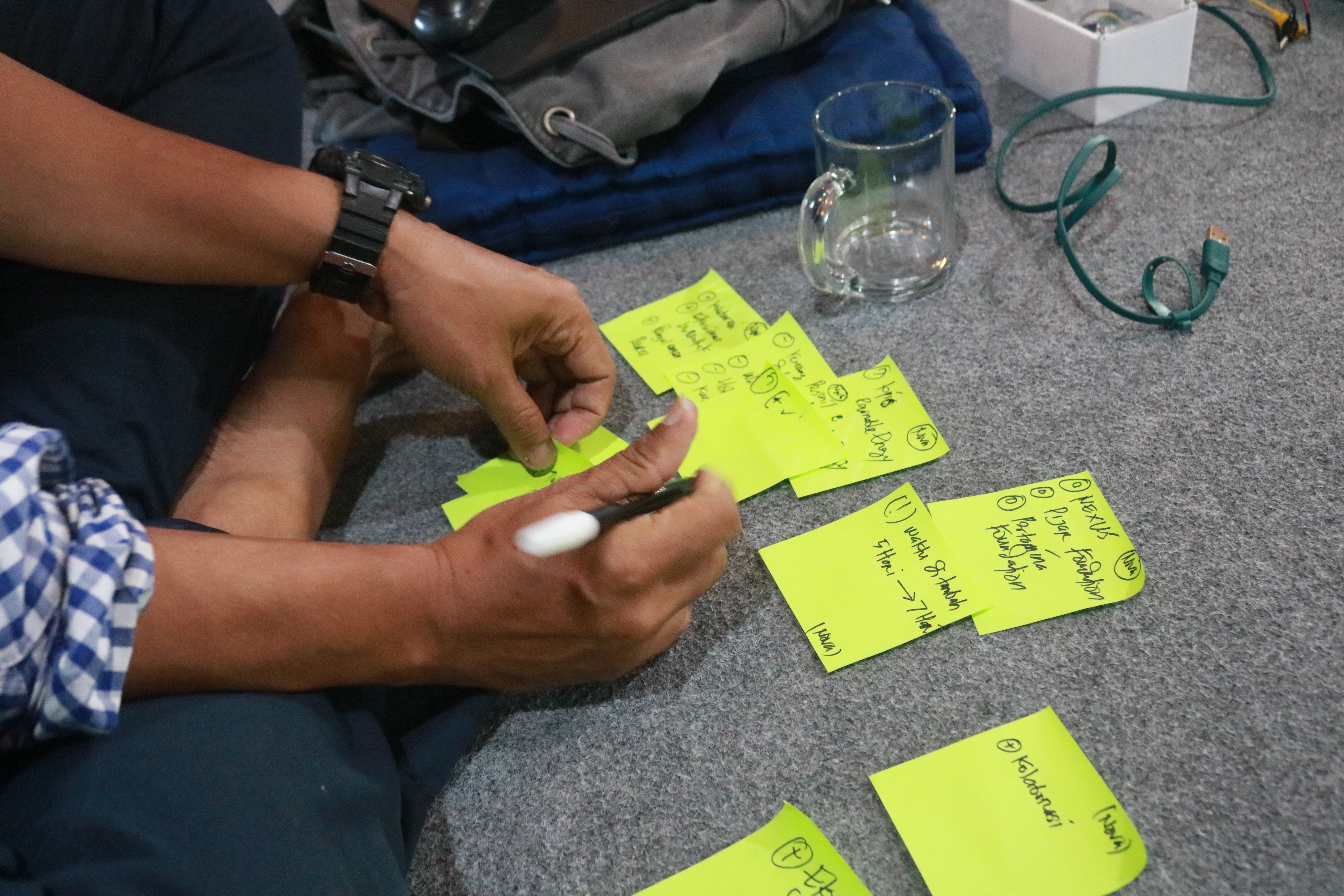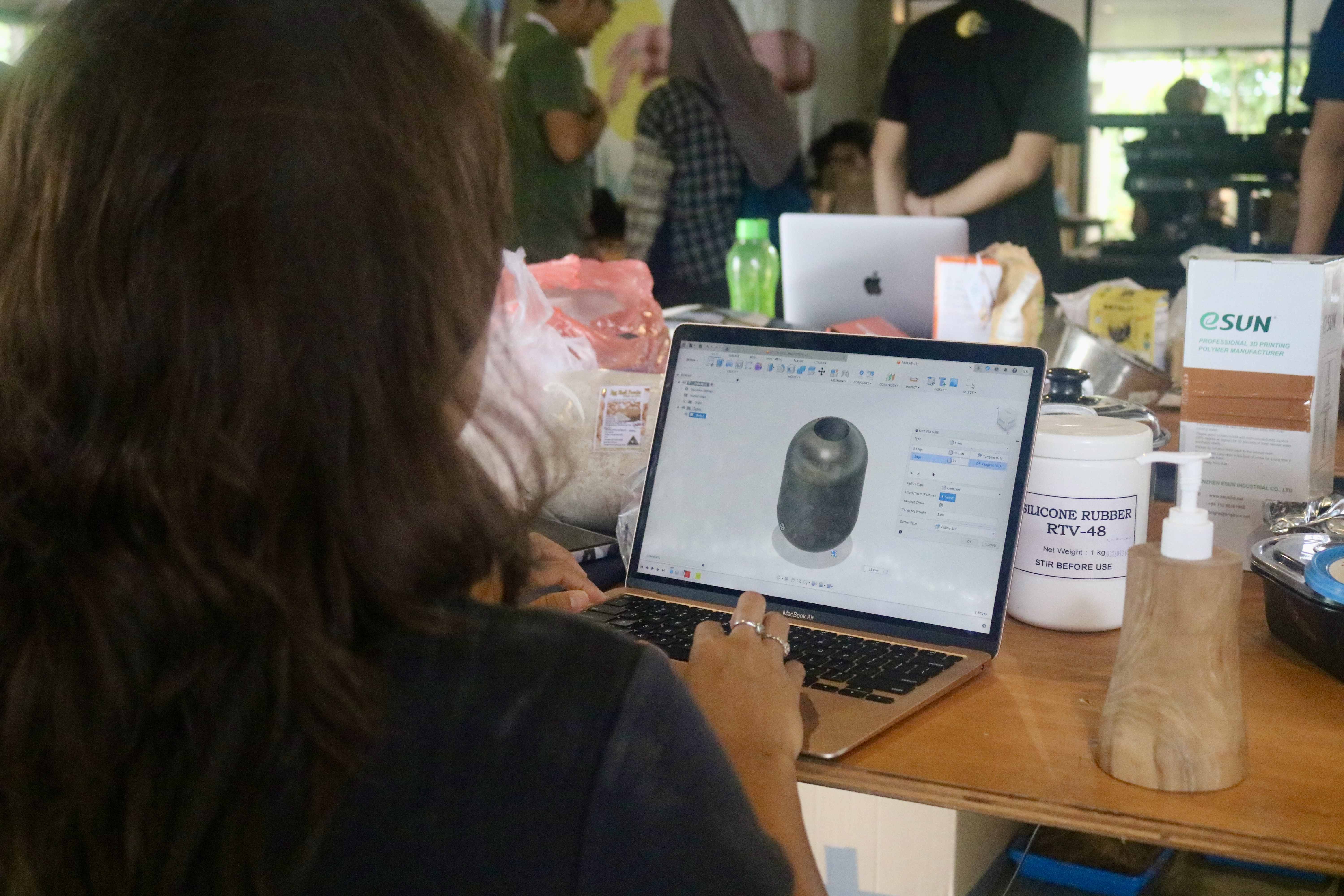Growing up as an avid comic book reader, my world lit up with graphic stories and pixelated battles from superhero video games. I was obsessed not just with the action or the superpowers but with the gadgets. Batman's endless arsenal, Iron Man's suits, Black Panther's vibranium-based gear, or even Detective Conan's detective gadgets, which weren't just cool, they were believable. What hooked me was the idea that with the right knowledge and tools, anyone could create extraordinary things. That idea was quietly, but profoundly, shaping me.
Back then, it was all just imagination brought to life by epic Computer-Generated Imagery (CGI) in movies. I didn't know it at the time, but that fascination with fictional tech would one day fuel real-world innovation.
Fast forward to adulthood, and it's clear that the line between comic book tech and real-world technology is getting blurred. Machines are augmenting human labor across sectors. Tasks once handled by teams of skilled workers are now accomplished with precision and speed using CNC machines, 3D printers, or AI-powered design tools. Farmers use drones and sensors to monitor crops. Surgeons use robotic arms. Designers prototype with laser cutters and automated sewing bots. Waste management is now assisted by sorting robots that use computer vision.
Even more fascinating is the startup boom tackling real-world issues with real tech. In Southeast Asia, and particularly in Indonesia, startups are innovating in various sectors, including agriculture (agritech), finance (fintech), fashion, and even sustainability. This trend indicates an increasing desire not just to consume technology but to build it, to solve problems grounded in local realities.
A startup assessing their hardware tech
What's Holding Back Indonesia's Green Tech Startups?But while this momentum is promising, it’s not without friction, especially in the sustainability space. Despite growing interest and progress in green innovation,
green tech startups in Indonesia still struggle to develop their ideas and take them to scale. Based on research conducted by Kopernik and Fab Lab Bali in 2024 as part of the Green Techmakers program, these challenges fall under two key categories; the complexities of developing physical products and the lack of systemic and policy support within the local innovation ecosystem.
1. Developing Physical Products: High Cost and Low AccessOne of the most significant barriers for green startups is that physical product development is capital-intensive. While digital tools like design software are increasingly accessible, the fabrication and testing of hardware, especially green tech, requires access to high-cost equipment, materials, and expert knowledge.
Expertise gaps are common among founding teams. While some startups benefit from having technically skilled founders or team members with academic and industrial backgrounds, many others realize too late that they lack the specific expertise required to refine and scale a product. This mismatch can severely slow down product development.
Access to development facilities is another critical issue. Startups without strong ties to universities or research institutions often cannot use the specialized labs needed for prototyping and testing. Even when they can, these facilities may not have the necessary equipment or the machines may be outdated or malfunctioning.
Then there's the issue of production scale mismatch. Currently, in Indonesia, there is a growing number of established facilities that provide tools, materials, and space for users to conduct simple yet creative prototyping, known as makerspaces. However, these makerspaces are only equipped for small, experimental runs and not for pilot-scale production. On the other hand, industrial-grade machines are too large and too expensive for early-stage startups. This makes it hard to transition from an idea to a market-ready product.
For startups operating outside major cities, logistical barriers further complicate matters. They are often challenged by delays and extra costs for even simple tools and materials.
Discrepancies in access to technology hinders fair growth among regions.
2. The Ecosystem Isn't Ready (Yet)Beyond the hands-on challenges, the green tech scene in Indonesia is still finding its footing. The policies, market support, and systems needed to help startups grow just aren't fully there yet.
The policy and regulatory frameworks for supporting green innovation are inconsistent and often not enforced. Green products are still seen as niche or luxury items that are accessible to only a few. As a result, startups find themselves navigating a confused ecosystem with little government or institutional backing.
Product certification is another major roadblock. Startups face limited options for validating eco-friendly claims like "biodegradable" or "home-compostable." Local certifying bodies are few, and their services expensive. As a result, some startups seek international certification, costly and out of reach for most. This limits credibility, especially in export markets, and slows adoption.
Designing safe products requires compliance with increasingly complex certification processes
Finally, consumer adoption is slow, especially for high-tech innovations. Reaching a broader, less tech-savvy audience requires significant investment in education and engagement strategies. People need to see and feel the benefits of the product before they are willing to invest or switch to a conventional option. Startups must tailor their messaging and product design to resonate more deeply with everyday users, a challenge that demands both creativity and capital.
Despite these challenges, there is a glimmer of hope through makerspaces, creative hubs, tech studios, fabrication laboratories (Fab Labs) and other community-based innovation spaces in Indonesia. While many of these spaces currently operate at a prototype scale, their potential to democratize access to tools, mentorship, and collaboration is significant.

A supporting ecosystem is important for startups to thrive in the long run.
When combined with rising awareness around sustainability and growing youth interest in engineering and design, makerspaces can become essential infrastructure for local innovation. Especially if they can evolve to meet the specific needs of green technology startups. The development of shared facilities, mobile maker labs, or regional innovation hubs could reduce barriers and accelerate hardware innovation, especially in underserved areas.
Final thoughts
We’re entering an era where tools once imagined in comics can be built by anyone, anywhere, with the right mix of imagination, knowledge, and access.
Indonesia's green tech innovators have the drive and ideas. What they need now is a robust ecosystem that supports them, one powered by community-based innovation spaces - makerspaces - and guided by forward-thinking policies. That means investing in Indonesia’s digital infrastructure, strengthening digital and technological literacy, and fostering markets that reward innovation that align with national priorities like those in Indonesia's Medium-Term National Development Plan or RPJMN 2025-2029.





